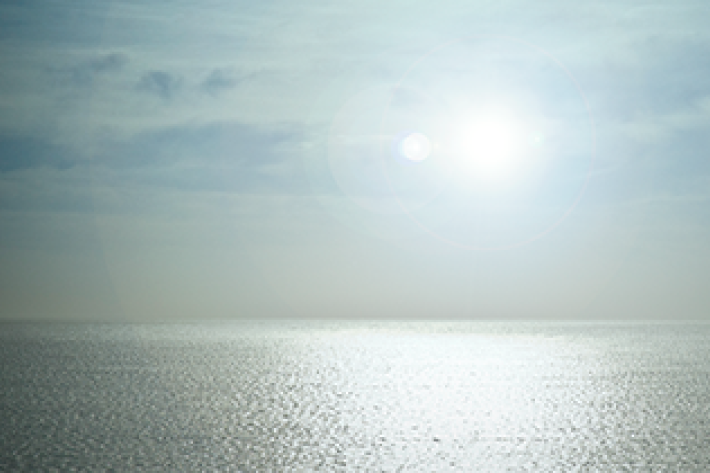-
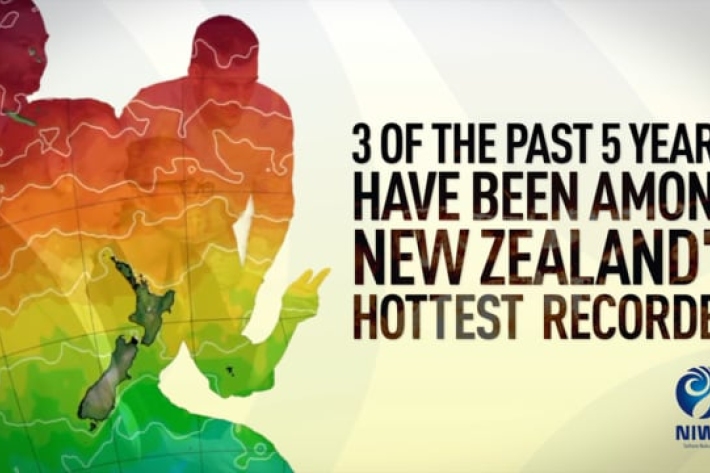
Our Climate is Changing
Our climate is changing - we need to act now. -

Lake Tekapo study raises awareness of tsunamis in NZ lakes
Media release12 June 2018A pilot project has provided the most advanced mapping of a New Zealand lake ever and highlights the hazard to lakeside towns of tsunamis caused by landslides. -

New Zealand River Maps
NZ River Maps is a simple, yet flexible, web-based tool that allows users to map and interrogate estimates for over 100 freshwater variables for the entire national river network. -
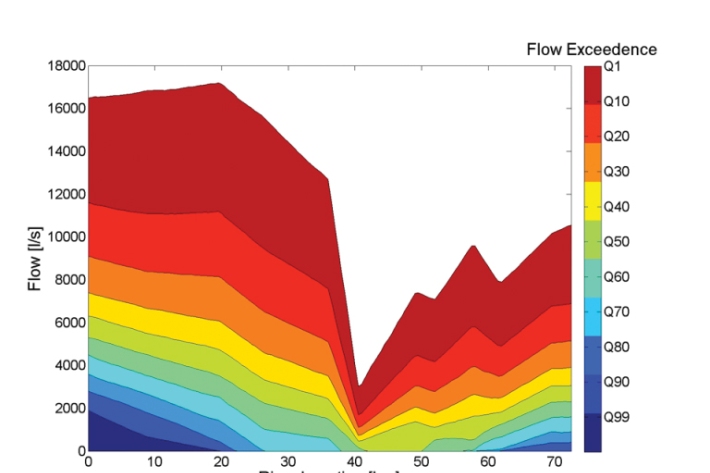
Empirical Longitudinal Flow MODel (ELFMOD)
ELFMOD is a statistical tool for estimating flows at multiple points along rivers subject to surface/ground-water exchanges, using both measured flow at selected sites and other predictor variables such as rainfall and groundwater levels. -

Environmental Flows Strategic Allocation Platform (EFSAP)
EFSAP is a water planning and management tool designed to assist with setting regional or large-scale water resource use limits for rivers. -
NIWA urges farmers to prepare for climate change
Media release06 June 2018NIWA is encouraging farmers to plan for climate change so they can maximise their abilities to adapt and thrive as significant change begins to take place. -

La Niña's gone; wild and unruly arrives
Media release29 May 2018We've got hot temperatures, we've got cold temperatures, freezing temperatures, ice, snow, hail, rain - and even a few rays of sunshine. And one very confused weather pattern. -
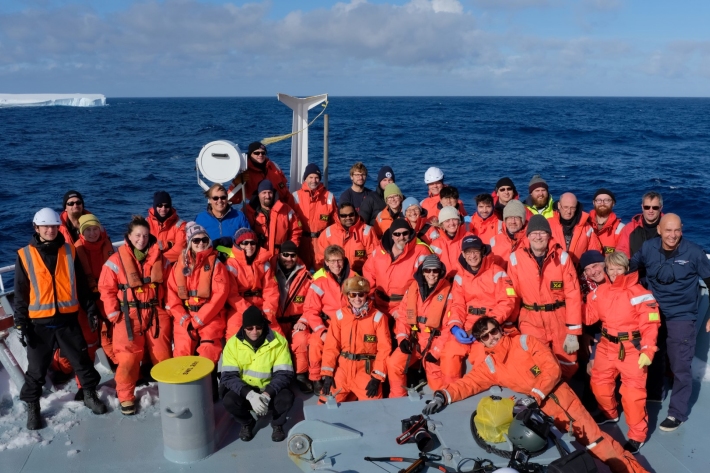
Well-informed, better prepared
Our scientists provide the knowledge key for evidence-based decision-making and for our society as a whole. -
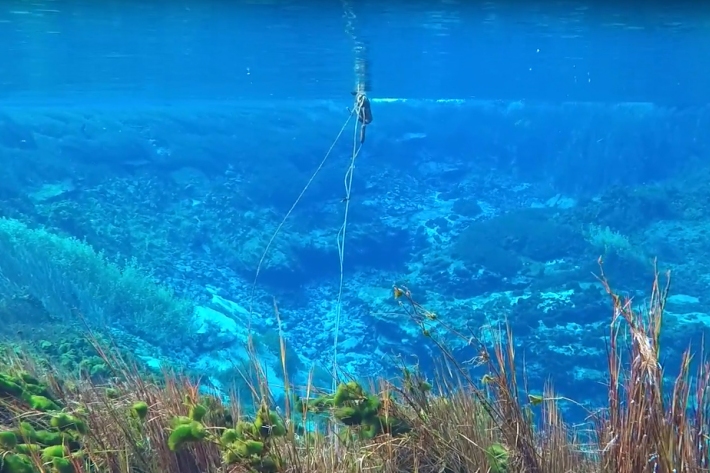
Underwater footage shows exceptional clarity of Te Waikoropupū Springs
Media release25 May 2018On the bottom of New Zealand’s largest freshwater springs is an underwater garden of vivid green, pinks and inky blues. -
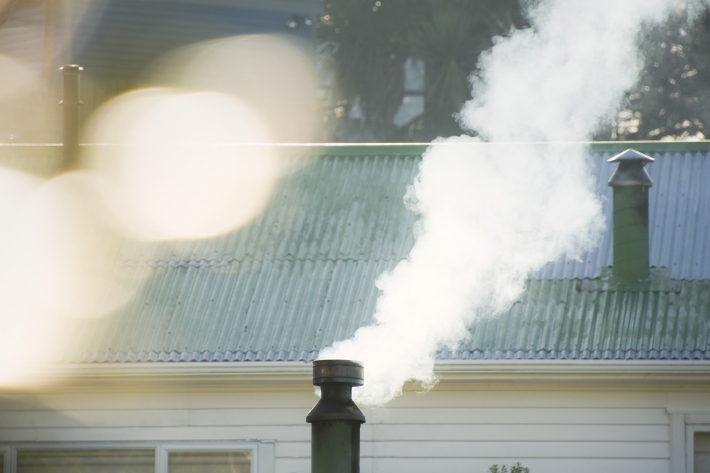
Scientists bring in schoolchildren to help with air quality research
Media release22 May 2018Pupils at a Central Otago primary school are helping NIWA air quality scientists learn more about pollution in their town in a four-month project that will track where smoke comes from and where it goes over winter. -
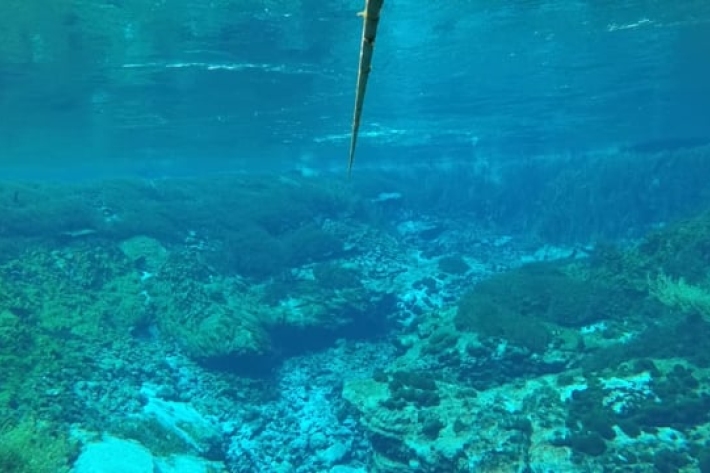
Waikoropupu Springs video
NIWA freshwater scientists have completed monitoring the ultra-clear water of the Te Waikoropupū Springs near Takaka.


